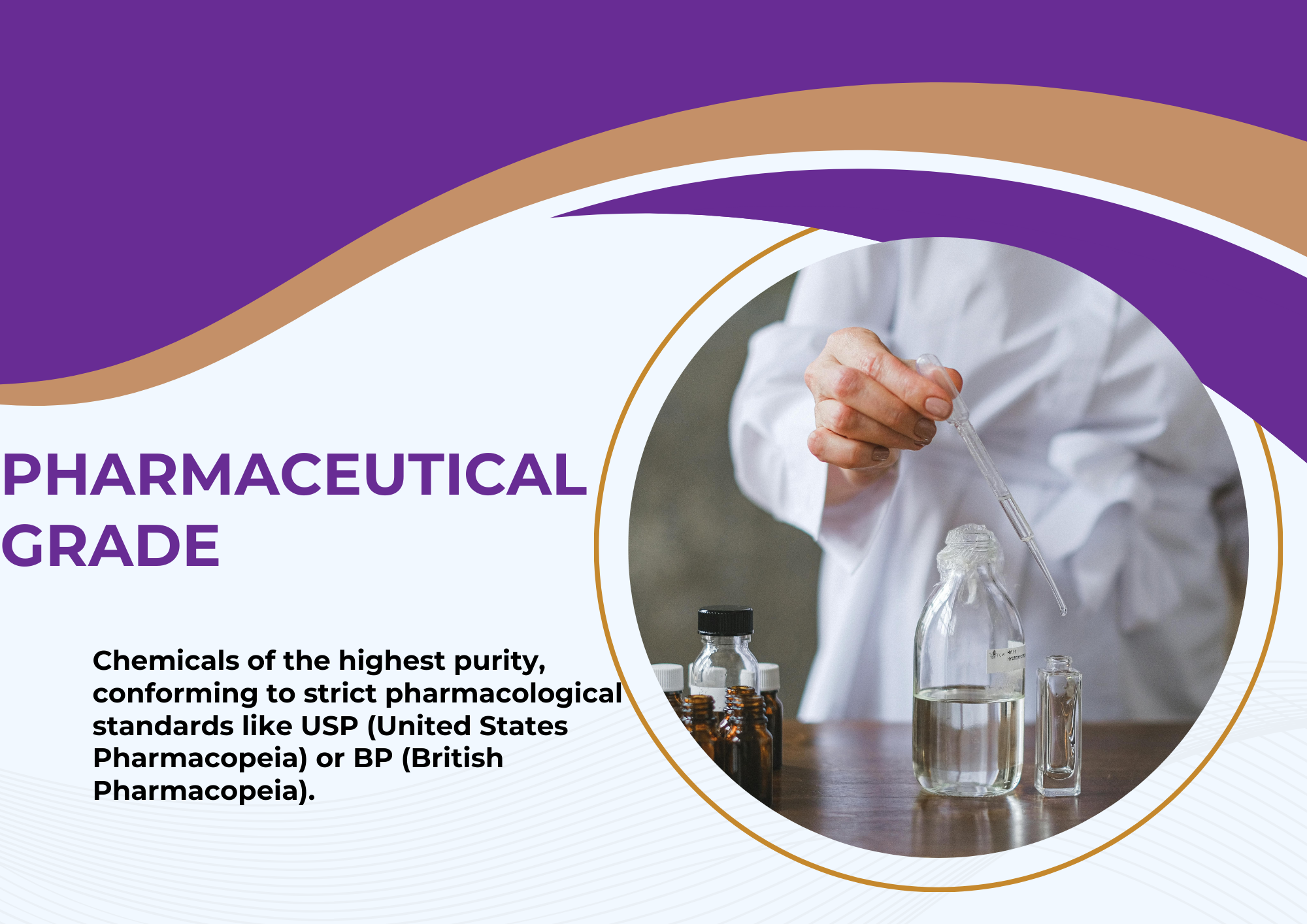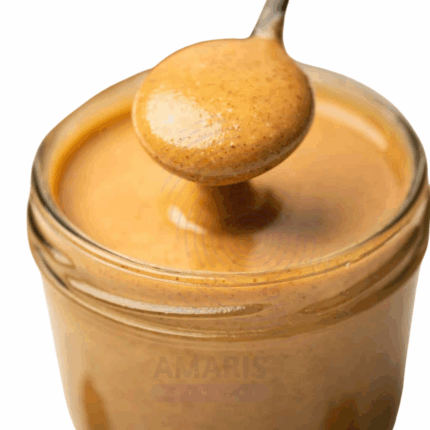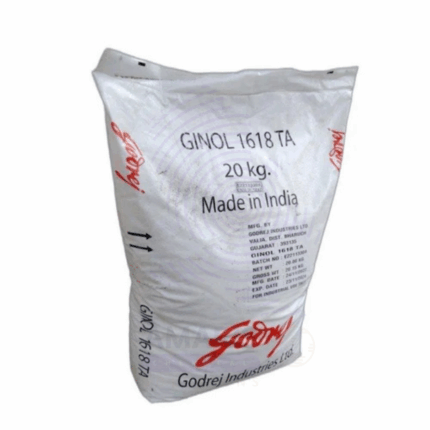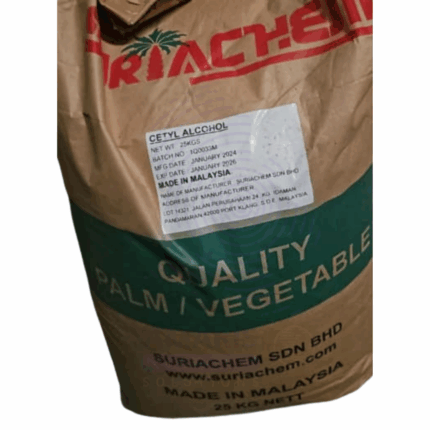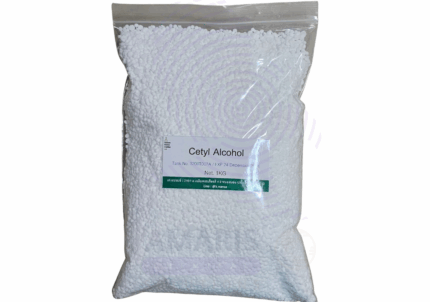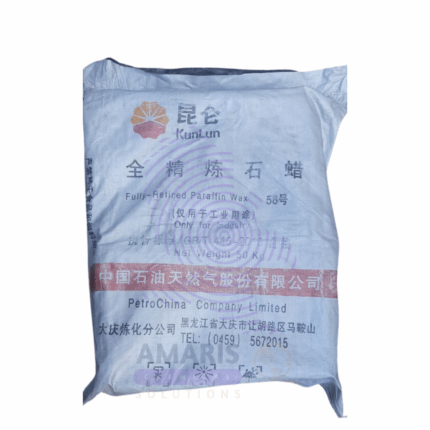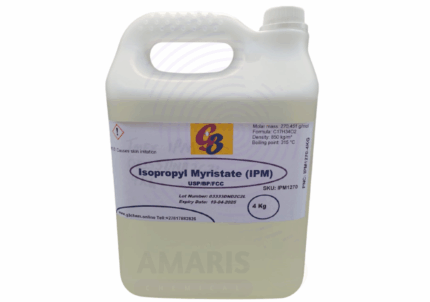
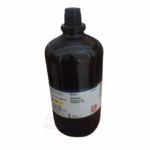
Sea Buckthorn Oil
Sea Buckthorn Oil is a vibrant orange-red oil extracted primarily from the berries (and sometimes seeds) of Hippophae rhamnoides, a hardy shrub native to the coastal and mountainous regions of Europe and Asia. Renowned for its rich composition of essential fatty acids (including omega-3, 6, 7, and 9), carotenoids, vitamins (notably vitamin C and E), flavonoids, and antioxidants, Sea Buckthorn Oil is prized for its regenerative, anti-inflammatory, and moisturizing properties. It has a distinctive fruity, slightly tart aroma and is valued in traditional medicine for skin healing, immune support, and cardiovascular health.
In modern applications, Sea Buckthorn Oil is a sought-after ingredient in high-performance skincare, nutraceuticals, hair care, and therapeutic formulations. It also finds uses in dietary supplements and functional foods for its nutrient-dense profile.
Sea Buckthorn Oil
Primary Uses
- Aromatherapy & Wellness
- Used topically in diluted form to support skin repair, soothe burns, and reduce inflammation.
- Included in formulations aimed at promoting wound healing and scar reduction.
- Used in massage oils to nourish skin and enhance circulation.
- Incorporated in immune-support supplements and wellness products for antioxidant benefits.
- Applied in lip care and anti-aging blends for its restorative properties.
- Cosmetics and Personal Care
- Added to facial serums, creams, and lotions for hydration, skin brightening, and elasticity improvement.
- Used in hair oils and conditioners to strengthen hair, reduce scalp inflammation, and promote shine.
- Incorporated in sun-care and after-sun products for skin soothing and repair.
- Used in lip balms and cuticle oils for nourishment and protection.
- Included in natural deodorants and body oils for moisturizing effects.
- Topical Applications
- Applied diluted on dry, irritated, or sensitive skin to reduce redness and discomfort.
- Used in formulations for eczema, psoriasis, and other skin conditions as a supportive emollient.
- Incorporated in post-procedure skincare (e.g., after dermatological treatments) for skin regeneration.
- Used in natural wound healing ointments and anti-inflammatory balms.
Secondary Uses
- Food and Beverage Chemicals
- Used as a nutritional supplement ingredient for omega fatty acids and antioxidants.
- Incorporated in functional beverages, nutraceuticals, and dietary supplements.
- Used as a natural colorant and nutrient enhancer in food-grade products.
- Cosmetic and Personal Care Chemicals
- Utilized as an emollient and antioxidant in advanced skincare formulations.
- Added to anti-aging, moisturizing, and sensitive skin product lines.
- Environmental and Green Chemicals
- Explored for bioactive compound extraction in sustainable cosmetic ingredient sourcing.
- Pharmaceutical Chemicals
- Investigated and used as an excipient or active ingredient in wound healing and dermatological products.
1. Basic Identification Attributes
- Botanical Name: Hippophae rhamnoides
- Common/Trade Name: Sea Buckthorn Oil
- INCI Name: Hippophae Rhamnoides Fruit Oil or Hippophae Rhamnoides Seed Oil (depending on source)
- CAS Number: 84929-27-1 (fruit oil), 84603-93-0 (seed oil)
- HS Code: 151590
- Synonyms: Sandthorn Oil, Seaberry Oil
2. Physical & Chemical Properties
- Physical State: Viscous liquid oil
- Color & Odor: Deep orange to reddish; fruity, earthy, slightly tart aroma
- Solubility: Insoluble in water; soluble in oils and alcohol
- Refractive Index: 1.470 – 1.480
- Specific Gravity: 0.910 – 0.940
- Main Components: Palmitoleic acid (omega-7), linoleic acid, oleic acid, carotenoids, tocopherols, flavonoids
3. Safety & Hazard Attributes
- GHS Classification: Generally safe; may cause mild skin sensitivity in some individuals
- Toxicity: Low toxicity; safe when used topically and in food-grade applications
- Exposure Limits: No specific occupational exposure limits; follow good manufacturing practices
- Allergen Information: Contains natural plant compounds; allergy rare but possible
4. Storage & Handling Attributes
- Storage Conditions: Store in cool, dark place, preferably refrigerated to maintain freshness
- Container Type: Amber glass or opaque containers to prevent oxidation and light degradation
- Shelf Life: 12 to 24 months depending on storage conditions and processing
- Handling Precautions: Minimize exposure to air, light, and heat to prevent rancidity
5. Regulatory & Compliance Attributes
- Compliant with IFRA standards for cosmetic and fragrance use (where applicable)
- Produced in GMP-certified facilities for food, cosmetic, and pharmaceutical grades
- Recognized as safe for food and cosmetic use by regulatory authorities in most regions
6. Environmental & Health Impact
- Biodegradability: Biodegradable under environmental conditions
- Ecotoxicity: Low toxicity to aquatic life at typical use concentrations
- Bioaccumulation: Not expected to bioaccumulate significantly
Safety Handling Precautions
- PPE Required: Standard gloves and protective clothing recommended during bulk handling
- Handling Guidelines: Use in well-ventilated area; avoid prolonged skin contact with undiluted oil
First Aid Measures
- Inhalation: Not typically hazardous; move to fresh air if respiratory irritation occurs
- Skin Contact: Wash with soap and water if irritation develops; discontinue use
- Eye Contact: Rinse immediately with water for 15 minutes; seek medical attention if irritation persists
- Ingestion: Generally safe in food-grade form; seek medical advice if adverse reaction occurs
Firefighting Measures
- Fire Hazards: Combustible; keep away from open flames and heat sources
- Extinguishing Media: Foam, dry chemical powder, carbon dioxide, or water spray
- Special Precautions: Use protective equipment and avoid inhaling combustion fumes
- Hazardous Combustion Products: Carbon monoxide, carbon dioxide, and possible toxic gases


 Preservatives(food)
Preservatives(food) Flavor Enhancers
Flavor Enhancers Acidulants
Acidulants Sweeteners
Sweeteners Antioxidants
Antioxidants Colorants(food)
Colorants(food) Nutraceutical Ingredients (food)
Nutraceutical Ingredients (food) Nutrient Supplements
Nutrient Supplements Emulsifiers
Emulsifiers
 Collectors
Collectors Dust Suppressants
Dust Suppressants Explosives and Blasting Agents
Explosives and Blasting Agents Flocculants and Coagulants
Flocculants and Coagulants Frothers
Frothers Leaching Agents
Leaching Agents pH Modifiers
pH Modifiers Precious Metal Extraction Agents
Precious Metal Extraction Agents
 Antioxidants(plastic)
Antioxidants(plastic) Colorants (Pigments, Dyes)
Colorants (Pigments, Dyes) Fillers and Reinforcements
Fillers and Reinforcements Flame Retardants
Flame Retardants Monomers
Monomers Plasticizers
Plasticizers Polymerization Initiators
Polymerization Initiators Stabilizers (UV, Heat)
Stabilizers (UV, Heat)
 Antifoaming Agents
Antifoaming Agents Chelating Agents
Chelating Agents Coagulants and Flocculants
Coagulants and Flocculants Corrosion Inhibitors
Corrosion Inhibitors Disinfectants and Biocides
Disinfectants and Biocides Oxidizing Agents
Oxidizing Agents pH Adjusters
pH Adjusters Scale Inhibitors( water)
Scale Inhibitors( water)
 Antioxidants(cosmetic)
Antioxidants(cosmetic) Emollients
Emollients Fragrances and Essential Oils
Fragrances and Essential Oils Humectants
Humectants Preservatives
Preservatives Surfactants(cosmetic)
Surfactants(cosmetic) Thickeners
Thickeners UV Filters
UV Filters
 Fertilizers
Fertilizers Soil Conditioners
Soil Conditioners Plant Growth Regulators
Plant Growth Regulators Animal Feed Additives
Animal Feed Additives Biostimulants
Biostimulants Pesticides (Herbicides, Insecticides, Fungicides)
Pesticides (Herbicides, Insecticides, Fungicides)
 Active Pharmaceutical Ingredients (APIs)
Active Pharmaceutical Ingredients (APIs) Excipients
Excipients Solvents(pharmaceutical)
Solvents(pharmaceutical) Antibiotics
Antibiotics Antiseptics and Disinfectants
Antiseptics and Disinfectants Vaccine Adjuvants
Vaccine Adjuvants Nutraceutical Ingredients (pharmaceutical)
Nutraceutical Ingredients (pharmaceutical) Analgesics & Antipyretics
Analgesics & Antipyretics
 Analytical Reagents
Analytical Reagents Solvents(lab)
Solvents(lab) Chromatography Chemicals
Chromatography Chemicals Spectroscopy Reagents
Spectroscopy Reagents microbiology-and-cell-culture-reagents
microbiology-and-cell-culture-reagents Molecular Biology Reagents
Molecular Biology Reagents Biochemical Reagents
Biochemical Reagents Inorganic and Organic Standards
Inorganic and Organic Standards Laboratory Safety Chemicals
Laboratory Safety Chemicals Specialty Laboratory Chemicals(Special Laboratory Equipment)
Specialty Laboratory Chemicals(Special Laboratory Equipment)
 Demulsifiers
Demulsifiers Hydraulic Fracturing Fluids
Hydraulic Fracturing Fluids Scale Inhibitors(oil)
Scale Inhibitors(oil) Surfactants(oil)
Surfactants(oil) Drilling Fluids
Drilling Fluids
 Dyes and Pigments
Dyes and Pigments Bleaching Agents
Bleaching Agents Softening Agents
Softening Agents Finishing Agents
Finishing Agents Antistatic Agents
Antistatic Agents
 Admixtures
Admixtures Waterproofing Agents
Waterproofing Agents Sealants and Adhesives
Sealants and Adhesives Curing Compounds
Curing Compounds Concrete Repair Chemicals
Concrete Repair Chemicals Anti-Corrosion Coatings
Anti-Corrosion Coatings
 Surfactants(cleaning)
Surfactants(cleaning) Builders
Builders Enzymes
Enzymes Solvents (Cleaning)
Solvents (Cleaning) Fragrances
Fragrances
 Electronic Chemicals
Electronic Chemicals Catalysts
Catalysts Lubricants
Lubricants Photographic Chemicals
Photographic Chemicals Refrigerants
Refrigerants Automotive chemicals
Automotive chemicals Pyrotechnic Chemicals
Pyrotechnic Chemicals
 Biodegradable Surfactants
Biodegradable Surfactants Bio-based Solvents
Bio-based Solvents Renewable Polymers
Renewable Polymers Carbon Capture Chemicals
Carbon Capture Chemicals Wastewater Treatment Chemicals
Wastewater Treatment Chemicals
 Pigments
Pigments Solvents(paint)
Solvents(paint) Specialty Coatings
Specialty Coatings Binders/Resins
Binders/Resins Additives
Additives Driers
Driers Anti-Corrosion Agents
Anti-Corrosion Agents Functional Coatings
Functional Coatings Application-Specific Coatings
Application-Specific Coatings
 Leavening Agents
Leavening Agents Dough Conditioners
Dough Conditioners Flour Treatments
Flour Treatments Fat Replacers
Fat Replacers Decoratives
Decoratives Preservatives(baking)
Preservatives(baking)
 Plasticizers & Softeners
Plasticizers & Softeners Reinforcing Agents
Reinforcing Agents Adhesion Promoters
Adhesion Promoters Vulcanizing Agents
Vulcanizing Agents Antidegradants
Antidegradants Blowing Agents
Blowing Agents Fillers & Extenders
Fillers & Extenders Accelerators & Retarders
Accelerators & Retarders



